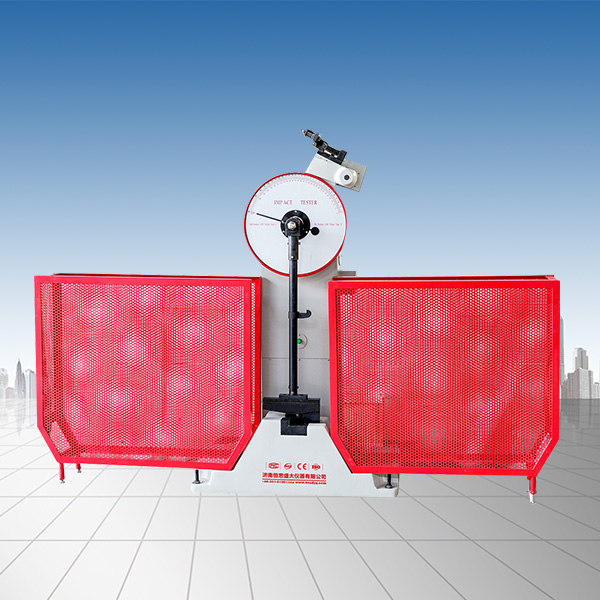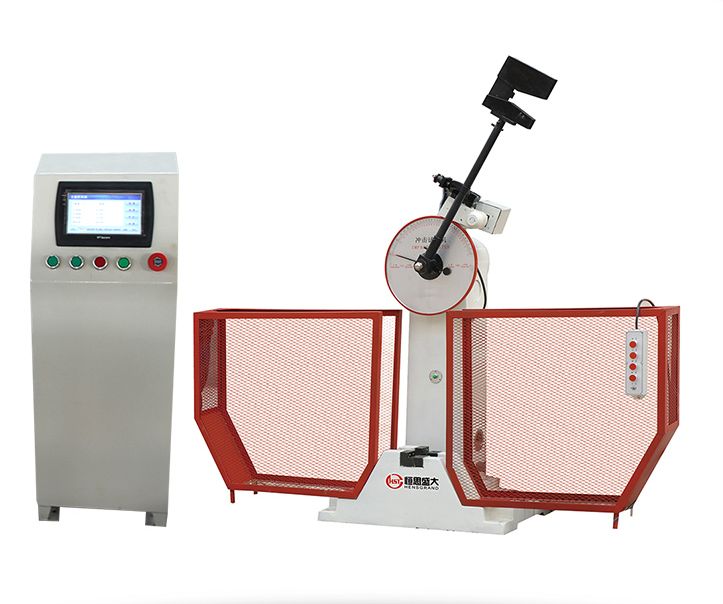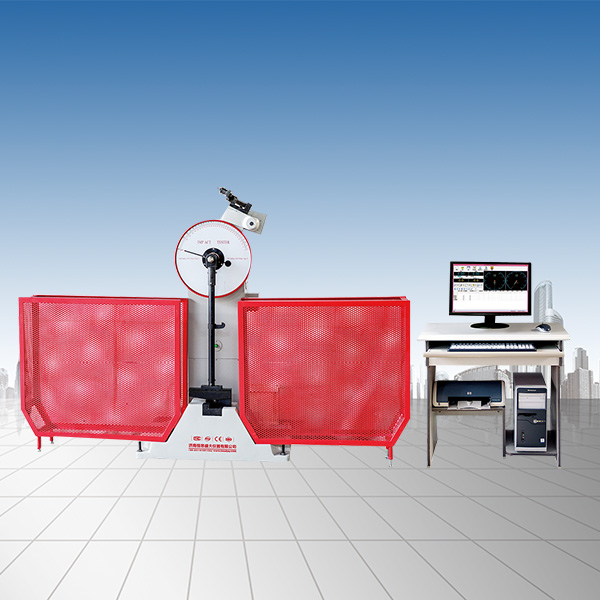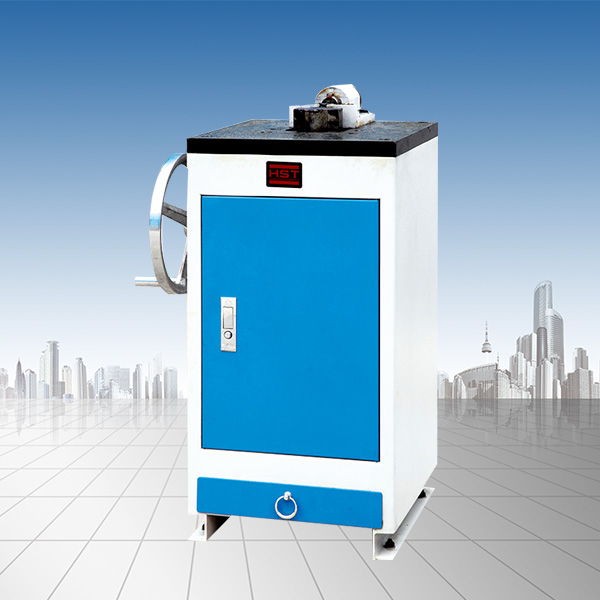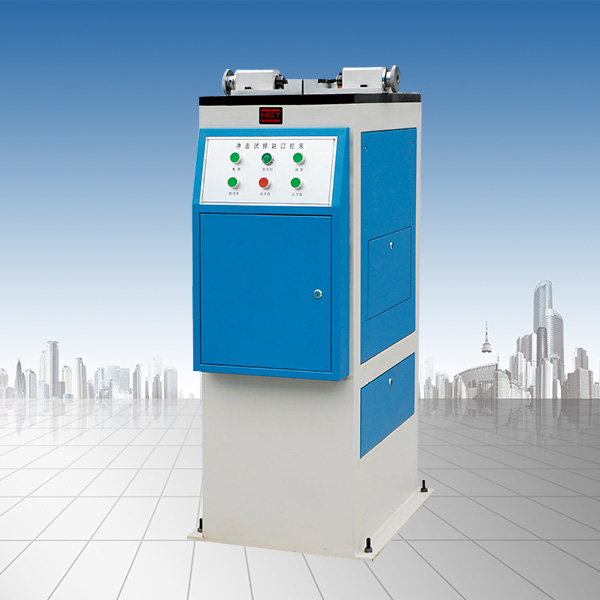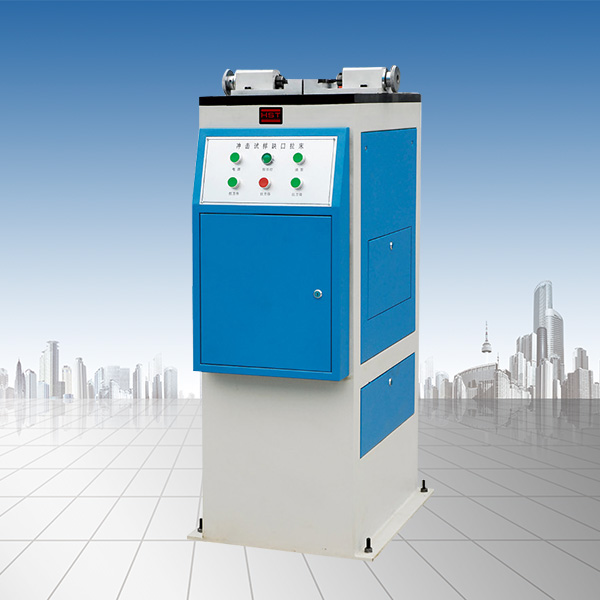Company News
Several major issues to pay attention to when maintaining electro-hydraulic servo universal testing machine
Release time:2018-11-23 source:Jinan Hengsi Shanda Instrument Co., Ltd. Browse:
The electro-hydraulic servo universal testing machine has been widely used in the mechanical detection of building data and metal data due to its outstanding control function and test accuracy. In the laboratories of large steel enterprises and quality inspection units, testing machines are often carried out with multiple high-load tasks. Most of the experimenters lack protection experience, so these problems often arise. Manufacturers and users are both annoyed. Some users even complain that the equipment is too delicate and not as good as the old hydraulic press. Little do they know that the electro-hydraulic servo universal test machine is a high-quality instrument connected by optical, mechanical and electrical, and is not a productive equipment. How can it be used as an "old ox"? In fact, although the electro-hydraulic servo universal testing machine is exquisite, it is not delicate. Just grasp the following ten experiences and you will be satisfied with the use.
1. Cleaning and hygiene: During the test, some dust will inevitably occur, such as oxide scales, metal debris, etc. If it is not cleaned in time, it will not only wear and scratch the surface of some parts. What is more serious is that if these dusts are inserted into the hydraulic system of the electro-hydraulic servo universal test machine, it will cause severe results such as blocking the valve hole and scratching the piston surface. Therefore, cleaning after each use is very important, and the hygiene of the experimental machine must be adhered to;
2. Use appropriate fixtures to complete the corresponding test, otherwise the test will not be very successful, and the fixtures will also be damaged: the electro-hydraulic servo universal test machine is usually only equipped with fixtures for standardized samples. If you want to make non-standard samples, such as steel strands, overlapping steel fines, etc., you must add appropriate fixtures; there are also some super hard materials, such as spring steel, etc., and special information clips must be used, otherwise the fixtures will be damaged;
3. Hydraulic oil: You must check the fluid level of the oil tank frequently and replenish the oil in time; generally, you must change the oil every 2000 to 4000 hours; but the important thing is that the oil temperature must not exceed 70℃, and when the oil temperature exceeds 60℃, the system must be turned on;
4. Filter: For filters without blocking indicators, they usually need to be replaced every 6 months. Regarding filters with blocking indicators, continuous supervision must be carried out and must be replaced immediately after the indicator alarms;
5. Accumulator: Some electro-hydraulic servo universal testing machines are equipped with energy accumulators, which must ensure that the pressure of the accumulator is in a normal task. If the pressure is not sufficient, the pressure needs to be compensated immediately; only nitrogen is allowed to be charged to the accumulator;
6. Regular inspection of components: All pressure control valves, flow control valves, pump regulators, pressure relays, stroke switches, thermal relays and other signal equipment must be checked regularly;
7. Cooler: When choosing air condition, the scale accumulation of the device must be regularly sorted out; when choosing water condition, the copper pipe must be regularly checked for the appearance of breaking and leaking;
8. Lubricating oil: lubricating oil should be applied regularly to the lead screw and transmission of the electro-hydraulic servo universal testing machine to avoid dry conflicts;
9. The fasteners of the electro-hydraulic servo universal test machine must be locked regularly: the oscillation after the sample is broken often causes some fasteners to loosen. It is necessary to conduct regular inspections (about 30 task days for normal use) to avoid major losses due to loose fasteners.
10. Other Views: Be alert and pay close attention to details, so that you can detect signs of events early and avoid major events. This is especially true when the equipment starts to operate. Pay attention to leaks, pollutants, component damage, and abnormal noise from pumps, couplings, etc.
Recommended productsPRODUCTS


















